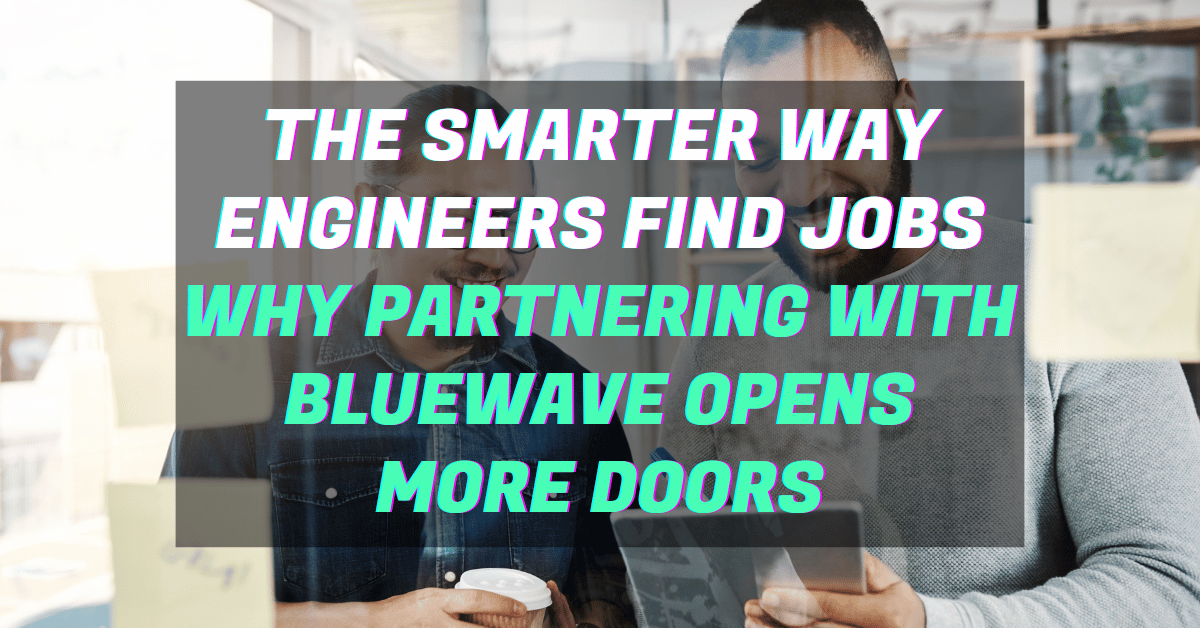Not to blame the global pandemic or anything, but the job market has been a rollercoaster – resulting in a lot of unemployed, furloughed, and downright nervous employees.
With hiring being uncertain, people have been turning to different options for income, with an influx of interest in contract opportunities. Or curiosity to say the least.
Contract. Such a scary term, right?

I wholeheartedly believe that contract roles appear scary to most professionals simply because they’ve never had one before and they’ve never been educated on what it actually means.
If you read our Direct Hire vs. Contract breakdown, you’ll know that a contract role, in the simplest sense, is when you are not directly employed by the company you are working for. You are either an independent contractor (1099) or employed by a third party (usually a recruiting or consulting firm).
That’s it! Not so scary, right?
Now what makes people hesitant (in my opinion) is the uncertainty or “risk” of a contract.
Trust me, I get it.
You want reliable, stable income. Especially now.
So here’s the deal:
When it comes to contract positions, you need to break down with the hiring manager or recruiter what the nature of the position is and ask the right questions:
How long do you foresee this contract being?
Is it to fill a short-term need or project?
Do you plan to convert this position after a certain period of time?
Is this going to be W2 or 1099?
The thing is…companies hire people “on contract” for a bunch of reasons and a lot of the time, it has nothing to do with the role being temporary.
We regularly see employers starting people on contract simply because they don’t have the budget for permanent headcount. Maybe they’re waiting for next quarter before they can pull the trigger on a new hire. So, in the meantime, you start working there as an hourly contractor until they get approval.
Oh. And when it comes to the whole “risky, unstable” thing, don’t forget about the whole “Right to Work” thing.

Coming from someone who has been in the staffing industry for almost four years, I’ve seen the tremendous impact that contract opportunities have on candidates. There’s countless reasons why contracts are valuable, but just to name a few:
Did you know that you can usually get paid more?
Yep. Because employers avoid a significant amount of payroll and administrative costs, they can sometimes afford a higher pay rate that still falls within their hiring budget. Cha-Ching.
Contracts are a foot in the door.
This is significant and frankly a missed opportunity for most people. I don’t think you realize how often contract roles are the keys to the employment kingdom. They have a lot in common with internships in college: it gives the employer (and you, for that matter) an idea of what it’s like to work together and a chance show your value to the company.
Fun Fact: Most large enterprise companies hire specific roles starting as CONTRACT ONLY. Trust me when I say…it’s a sure-fire way to finagle yourself into a position that you may otherwise wouldn’t have access to.
You’ll get hired quicker.
Employers often hire contractors to fill a skills gap that they can’t fill with their current team.
Urgent need = Speedy interview process
If you’re frustrated with these dragged out, three-month-long interview processes, hiring a contractor historically moves faster. On the flip side, hiring another Account Executive (when they already have a team of 10), they can afford to take their time.
So, contracts. Are they bad? Absolutely not.
They can be quite lucrative and a smart way to re-enter the job market quickly if you’ve been laid off or you’re trying to transition industries or job titles.
Questions?
You might have more questions than I’ve answered today. Don’t hesitate to reach out to our team if you’re curious about contract opportunities.
And if you’re an employer looking to hire a contractor yourself, we’ve got you covered.



